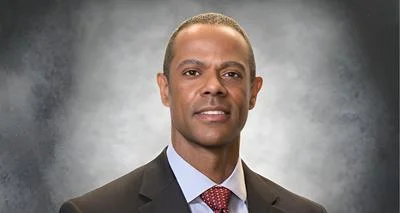Last week, the Supreme Court upheld a Tennessee law banning gender-transition medical procedures for minors. Critics called it a blow to transgender rights. But in reality, the Court’s decision reflects a growing global reassessment of pediatric gender medicine—one that’s long overdue.
You’ve probably heard the message: affirming a child’s gender identity saves lives. Denying it leads to suicide. It’s a bold narrative—but it’s not backed by evidence. A growing body of international research is raising red flags about the risks of transitioning children. And what it reveals should give every person pause.
Let’s start with this fact: most children who experience gender-related distress will grow out of it on their own. Studies from Canada, the Netherlands, and the UK consistently show that up to 90% of kids who express gender dysphoria before puberty no longer feel that way by adolescence—if they are not socially or medically transitioned. The UK’s NHS and Finland’s national health authority both cite this in their guidelines.
Instead of just supporting children through development, today’s “affirmation” model often fast-tracks them into new names, pronouns, and identities—sometimes as early as kindergarten. One study found that 94% of children who socially transitioned went on to pursue medical transition. Social transition, once considered harmless and reversible, is now understood to be a powerful psychological commitment that sets children on a near-inevitable path toward lifelong medical intervention.
Next come puberty blockers. Marketed as a “pause button,” these drugs—GnRH Agonists—are exactly the same as those used to chemically castrate sex offenders. They halt bone growth, disrupt brain development, and impair sexual function. The UK’s Cass Review and Sweden’s health board both found no reliable evidence that blockers improve mental health, and raised serious concerns about harm. Blockers are almost always followed by cross-sex hormones, meaning the supposed “pause” nearly always leads to permanent, body-altering treatment.
Cross-sex hormones bring additional risks: irreversible infertility, altered brain development, and long-term dependence on synthetic hormones. In many U.S. clinics, teens as young as 13 are prescribed testosterone or estrogen after just a few counseling sessions. Over 98% of children placed on blockers proceed to hormones.
And what about suicide—the claim most used to shut down discussion? The truth is more complicated. Trans-identified youth do experience higher rates of suicidal thoughts. But those rates are strongly linked to co-occurring conditions like depression, anxiety, autism, trauma, and social rejection. There is no high-quality, long-term evidence that transitioning reduces suicide risk in children. Even in adults, a Swedish study found that post-transition individuals had suicide rates nearly 19 times higher than the general population.
It’s telling that countries like Sweden, Finland, Norway, and the UK—once global leaders in pediatric gender medicine—have now pulled back, citing low-quality evidence and serious concern for harm. These aren’t conservative governments, they just followed the data and acted.
Most people genuinely want to be kind and accepting. But is it truly loving to take a child—who, left alone, would likely grow out of their discomfort—and place them on a path of irreversible medicalization? A child who will need hormones, surgeries, and prescriptions for life just to maintain a manufactured identity. That’s not compassion—it’s surrendering our children to a system that profits from their confusion. With no proven long-term benefit and very real, lasting harm, it’s time to question the narrative we’ve been sold.
We’ve barely scratched the surface of this issue, but one truth is already clear: we must stop confusing blind affirmation with compassion. The Supreme Court was right, our children deserve better than ideology disguised as healthcare.
Jodi Hendricks is the executive director of the New Mexico Family Action Movement.








